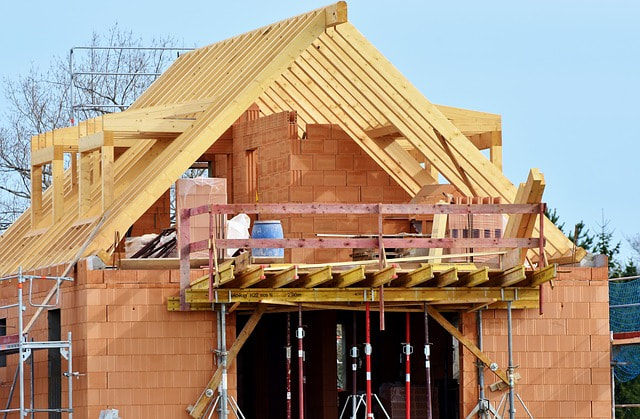|
By Attorney Edward A. Jesson
The North Carolina Constitution, and North Carolina statutes, give contractors the right to file mechanic’s liens if they are owed money for completing “improvements” on real property. Improvements are defined in a statute, but generally speaking, anyone who performs work on real property, be it renovations, grading, architectural work, or otherwise, can file a mechanic’s lien in North Carolina. The purpose of filing a mechanic’s lien is to have the debt owed to the contractor paid by the responsible party (often, the owner of the real property). A contractor has 120 days from the “date of last furnishing” to file the lien. The “date of last furnishing” is simply the last date that the contractor (or architect, etc.) performed work on the real property. It is best to be conservative with this date as courts have ruled in the past that punch list items performed after the date of last furnishing do not push that date out further. The mechanic’s lien has to be filed with the clerk of court in the county where the real property is located and formally served (like a lawsuit) on the property owner and any other contractors that may be affected by the lien. It is important that the lien be properly drafted when it is filed—if there is a mistake and the 120-day deadline passes, you cannot simply amend a lien. Instead, the lien must be released and a new lien filed in its place. The contractor then has 180 days (again, from the date of last furnishing) to “enforce” the lien. To enforce a lien, you file a lawsuit and ask the court declare that your lien is valid and confirm the debt amount. Oftentimes, a lien enforcement lawsuit will also include other claims, such as a claim for breach of contract. If the contractor is successful, he/she can then request that the court order what is essentially a foreclosure sale on the property to satisfy the debt. If there are other liens attached to the property, like a mortgage, the contractor will have to get in line. The existence of other liens is something to take into account when evaluating the benefits of moving forwards with a lien enforcement action. In reality, most lien situations are resolved prior to a foreclosure sale, because (1) property owners don’t want their property sold and (2) attorney’s fees may be awarded in the lien enforcement lawsuit. North Carolina’s mechanic’s lien statute contains an attorney’s fee provision that awards attorney’s fees to the prevailing party. That is very rarely the case in the United States (normally, parties are responsible for their respective fees, regardless of whether they win or lose), so it can be a powerful negotiating tool. If a contractor loses, they may have to pay the other side’s attorney’s fees, which can often total more than the debt owed itself, so it is important to seek the advice of a construction lawyer when evaluating whether you should file a mechanic’s lien. There are many other factors to consider when getting ready to file a lien, and there are other types of liens that can be filed by subcontractors and others involved in the construction process. Should you have an issue with collecting money from a client or have had a lien filed against your property, please give us a call to help with your issue.
1 Comment
1/6/2023 11:04:43 am
It's great that you explained that a mechanic’s lien makes the responsible party pay the debt owed to the contractor. My friend wants to file a mechanic’s lien. I should advise him to seek help from a firm with vast experience in the field.
Reply
Your comment will be posted after it is approved.
Leave a Reply. |
Subscribe to our newsletter.AuthorKelly Rains Jesson Categories
All
Archives
July 2024
|
|
SERVICES |
SUPPORT |
©Jesson & Rains, PLLC ALL RIGHTS RESERVED.


 RSS Feed
RSS Feed

